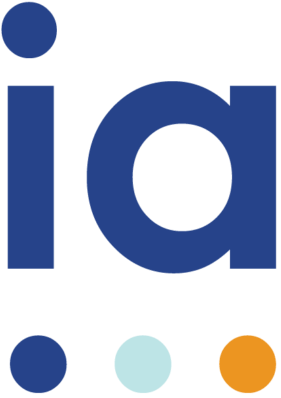Continuous Improvement
There’s an interesting tension in the work we do as advisors to our clients.
Organizations seek us out because they are facing an immediate and often immovable catalyst for change. At first, everyone agrees that the change is necessary, and in fact is a long time coming. Where the tension comes into play is when people begin to realize the things that are changing are either the things they built or the things they do. Suddenly, the change doesn’t seem quite as necessary, and certainly not so urgent.
At IA, we love change. We embrace the opportunities it brings, and we have seen the positive impact it can have with our clients. We also recognize that innovation can’t happen in a vacuum. It is often built on the foundations of what came before it. This can be a sensitive process given we often discover something…let’s say, less than optimal. In seeking insight, we’ll often ask why it’s done that way, and that’s when the defenses can come up. Either we hear there is no other way to do it, someone got in trouble for doing it a different way (once), or the ever-popular, “it’s how we’ve always done it.”
I was reading a fascinating article about a study by University of Chicago economist and Freakonomics co-author, Steven Levitt. It focused on people who were having a hard time making a decision, with Levitt’s findings suggesting that, “we would all be better off if we did more quitting.” Levitt goes on to suggest that, “A good rule of thumb in decision making is, whenever you cannot decide what you should do, choose the action that represents a change, rather than continuing the status quo.”
It’s an interesting notion that we wrestle with a thousand times in our personal and professional lives. And there’s this delicate balance between honoring what WAS while still focusing on what WILL BE. Most employees take immense pride in the work they do – even if they know that improvement is possible, if not probable. Many have tried to make changes in the past and encountered pushback, only to have their leadership hire a consultant (of all people!) to make the same recommendations the employees did years ago. This can lead to understandable resentment, frustration and disengagement in a process that desperately needs their expertise and participation.
As much as we advocate for more quitting, we should recognize that even the ugliest processes might be loved by someone. In acknowledging the sheer human will that often keeps organizations running, you just might empower an individual to push past that seemingly immovable barrier of stasis. As recent times have reinforced for all of us, the status quo can offer little solace and even less control. Some change could do us good.




